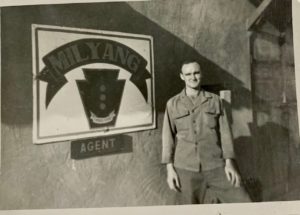
Leonard Wiese
Leonard Wiese was born March 5, 1928 to Frank and Clara (Schad) Wiese. He grew up in Gainesville, Texas and, with the exception of several years in Dallas, Texas, lived in or near Gainesville most of his life. Leonard passed away January 5, 2018 at the age of 89. He was a bachelor his entire life and retired from the Santa Fe Railroad after a long career that began prior to his military service. Leonard was drafted at age 22 into the U.S. Army in December 1950 and served 18 months in the Korean War. He trained in artillery at Fort Chaffee, Arkansas, but the Army recognized his railroad skills and assigned him to the 724th Railway Operating Battalion in Korea in May 1951. Fortunately, this assignment kept him off the front lines, but he did work endless hours at a major rail station in Puson and later in Milyang, as well as a few dangerous days guarding the rail tunnel at Cheongdo. Leonard often mentioned his good relationship with a young Korean man assigned to serve as an interpreter for Leonard. For his service, he was awarded the United Nations Service Medal, the Korean Service Medal with three bronze stars and the Korean War Medal. Leonard’s younger brother, Bobby, also served in Korea and the two brothers were able to meet in Korea one time during their service. Leonard was very proud of his military service and spoke of it often to his many friends. After returning from Korea, Leonard continued his employment with the Santa Fe Railroad in Dallas, Texas and later in Gainesville, Texas. In the late 1950’s Leonard developed a lifelong love of Colorado to include hiking, backpacking, fishing and mountain climbing in the high country. It is noteworthy that he made his last backpack, a solo trip, at the age of 79. On that trip, he planned to climb San Luis Peak, a 14,000+ mountain near Creede, Colorado, but the weather turned bad and he had to cut the trip short. Prior to reaching age 79, Leonard had climbed many of the 14,000 foot peaks in Colorado. Equal to his love of the mountains, Leonard loved crappie fishing and trot lining at Lake Texoma, an activity he pursued with his older brothers Francis and Paul and many, many friends. In 1963, Leonard and his brother Francis constructed an A-frame cabin near Lake Texoma that served as their headquarters for fishing. They personally built a beautiful fireplace in the cabin using stream boulders and rocks from gold mine waste that they had collected on their many trips to Colorado. Leonard was a devout Catholic and in his later years had a personal mission to visit friends and relatives, especially those who were sick or hospitalized. Leonard had a very sharp mind to his last day. During his final years his niece, Mary Ann (Wiese) Schneider was his personal caregiver until her passing at a relatively young age. Following Mary Ann’s passing, Leonard was under the watchful eye and care of Mary Ann’s daughter Suzanne Wheeler and her husband Kevin. Leonard’s quick wit, garden vegetables, flowers and his wonderful stories are greatly missed. He was a beloved uncle and great uncle anyone would be proud to have.
Korean War - Key Events
July 27, 1953
Mark W. Clark for the UN Command, Peng Dehuai for the Chinese, and Kim Il-Sung for North Korea conclude an armistice ending hostilities. A demilitarized zone is created that roughly follows the prewar border along the 38th parallel. South Korean Pres. Syngman Rhee announces his acceptance of the agreement, but no representative of South Korea ever signs the document.
These events are taken from the Encyclopedia Britannica
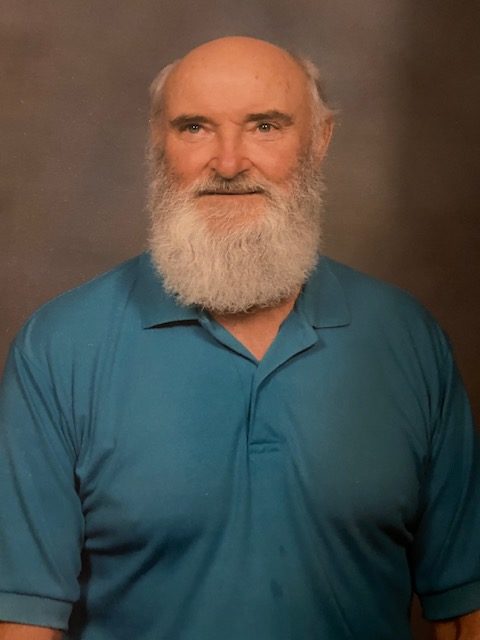
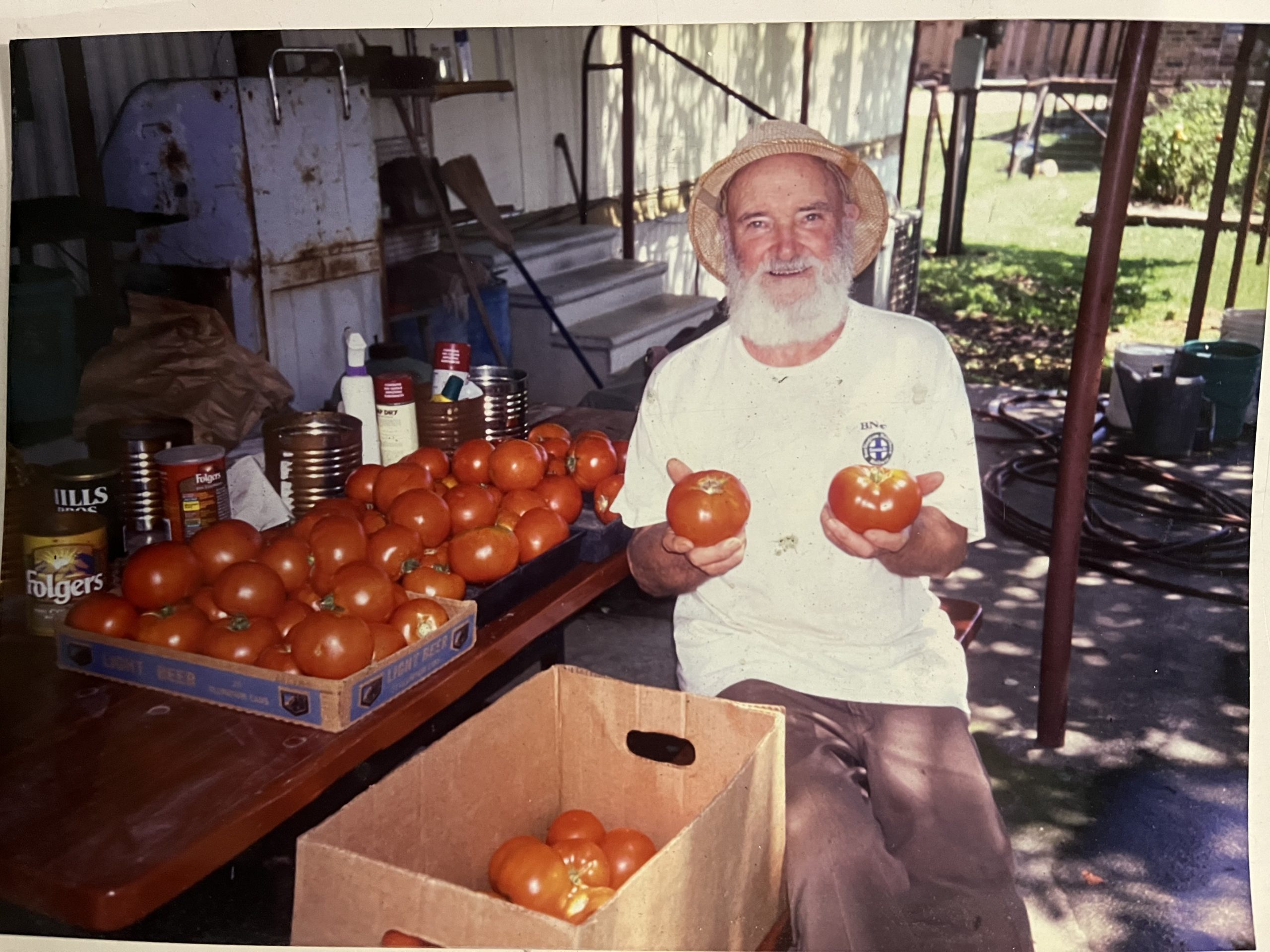
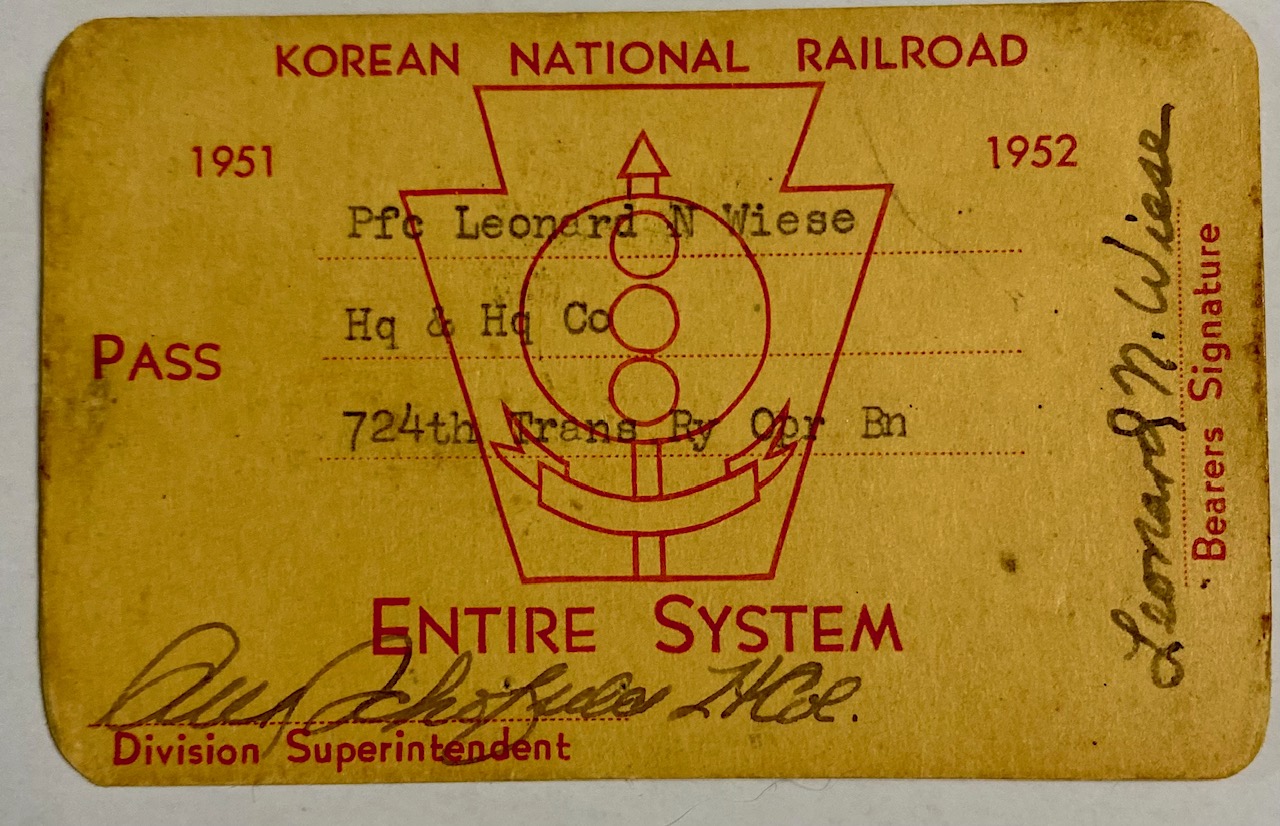
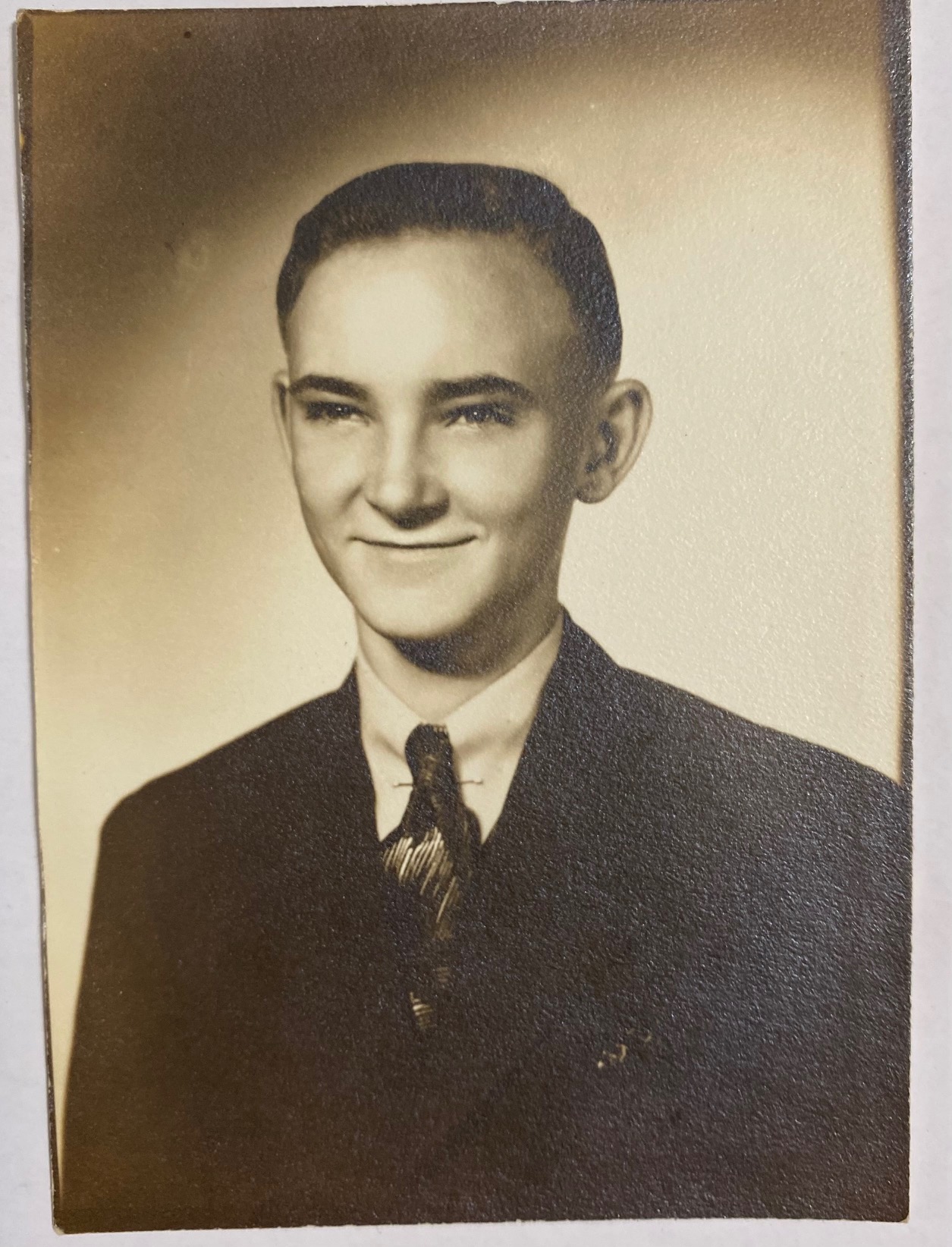
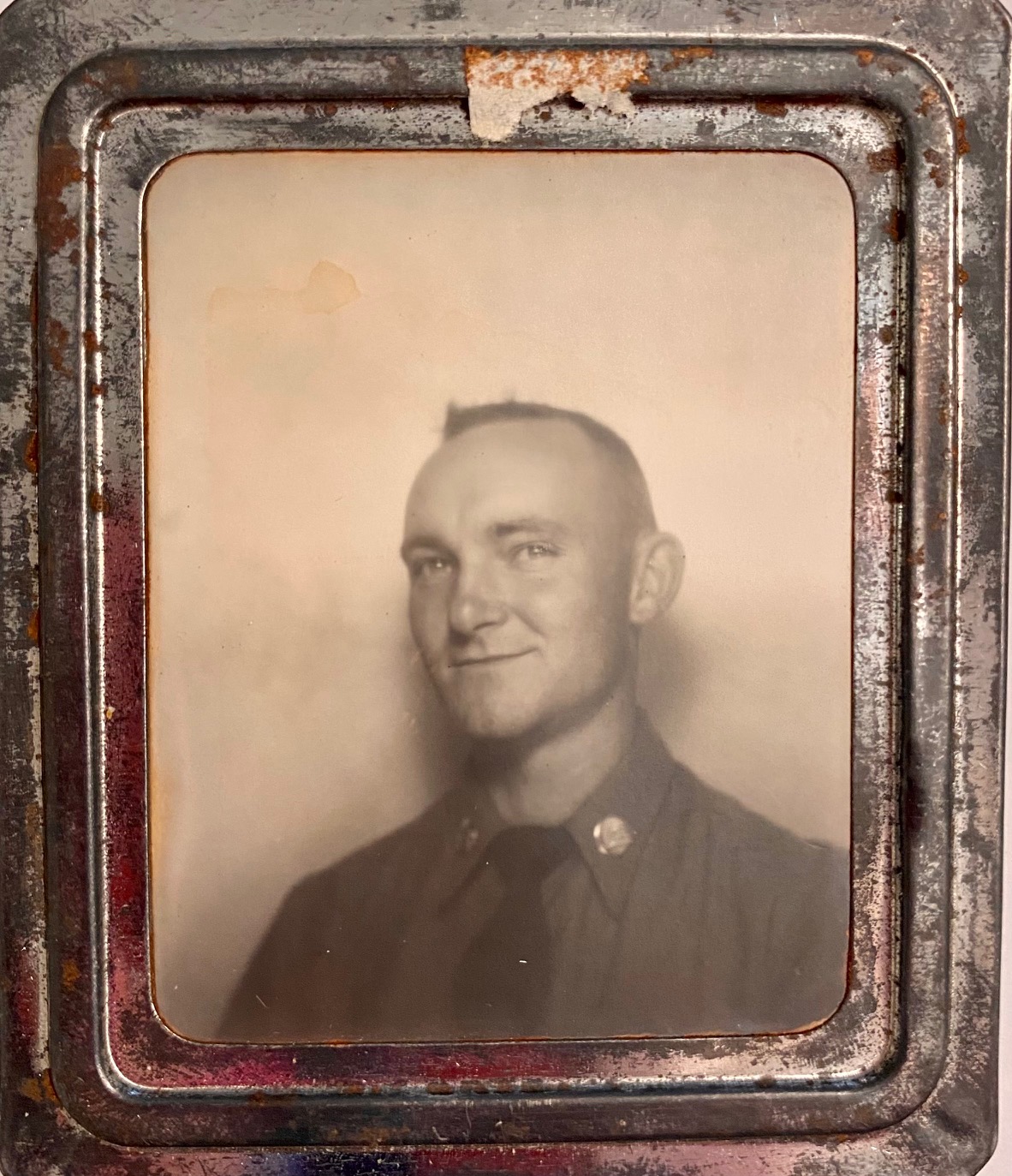
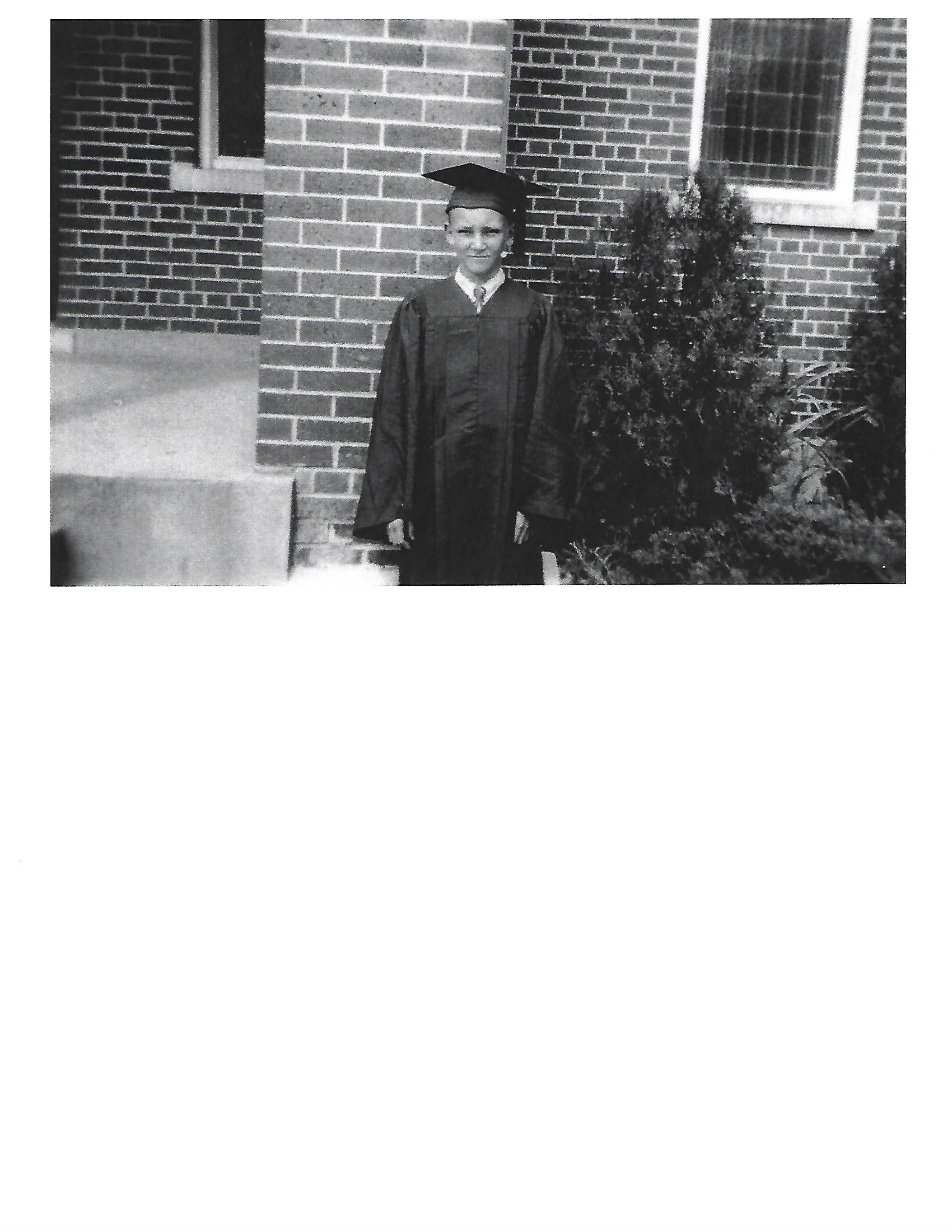
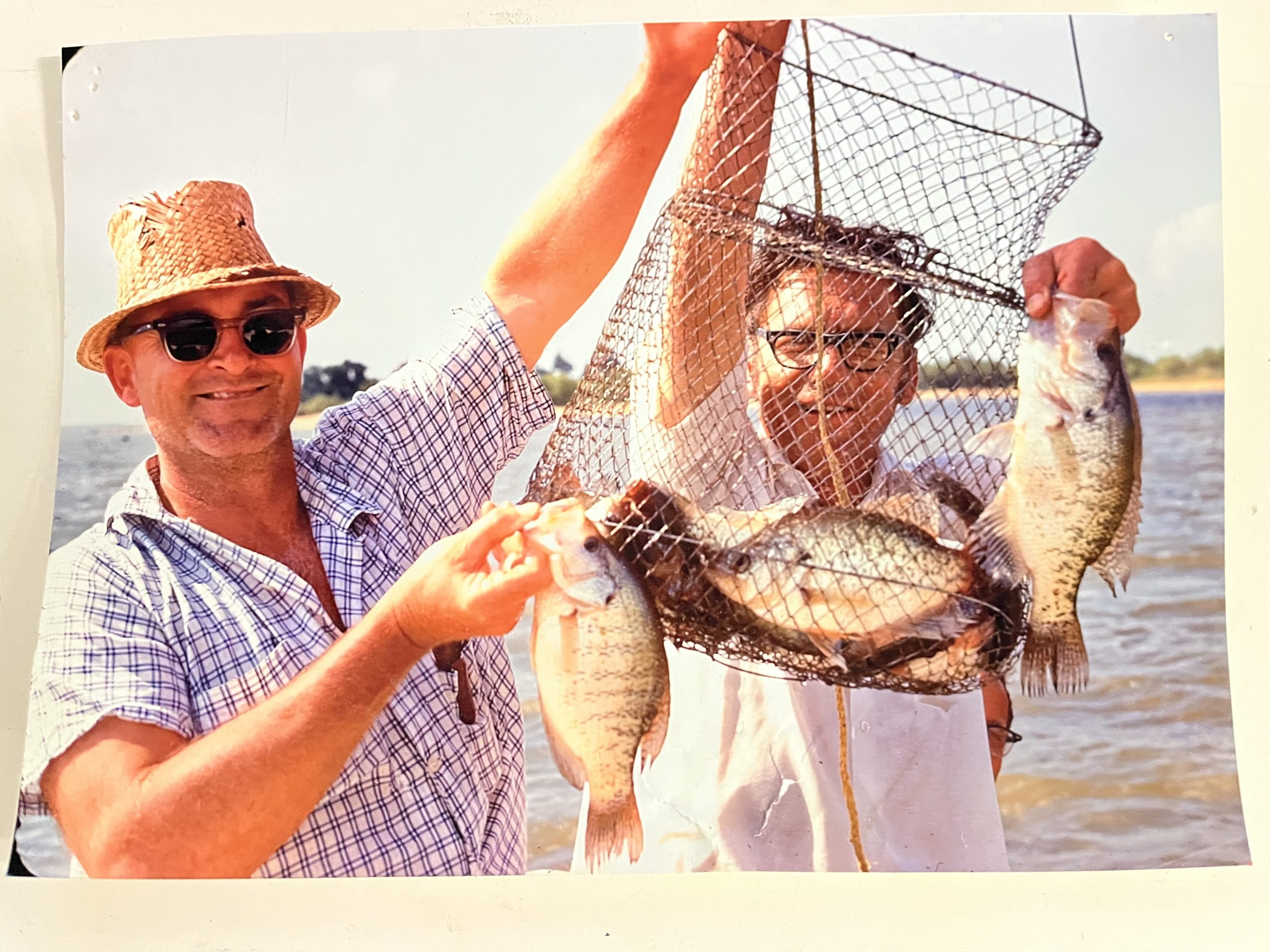

Comments
Likes 2
You must be a registered user to comment or like - please register to join us!